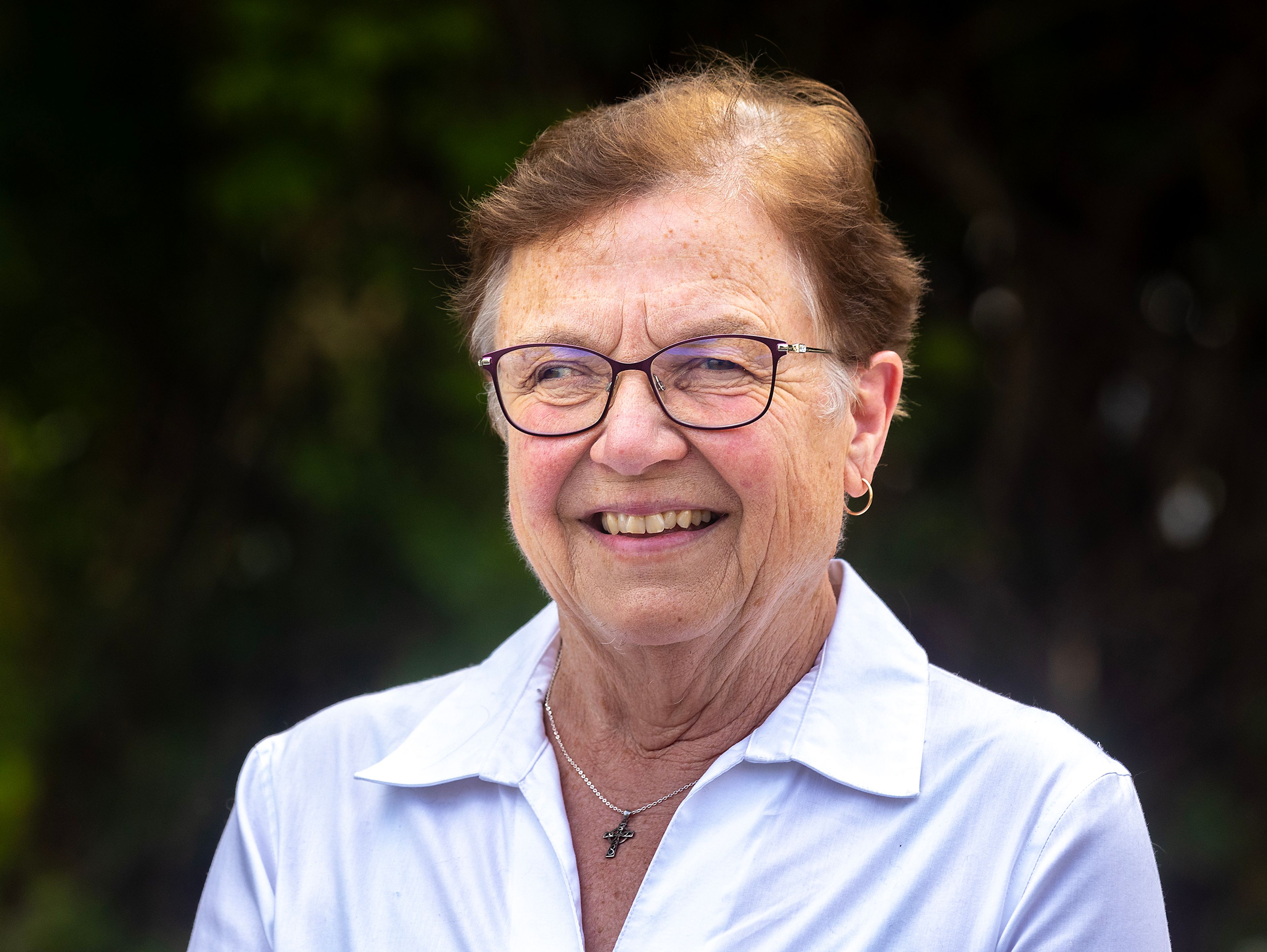MOSCOW -- To University of Idaho business professors Dwayne Gremler and Mike McCollough, students aren't merely warm bodies to be taught and graded.
They are customers deserving of a return on their tuition investments.
To underscore that belief and teach students a lesson about good service, Gremler and McCollough offer their marketing students cash-back guarantees.
"If you are dissatisfied with the instructor's performance, you are entitled to receive your money back," reads the guarantee.
The two assistant professors in the College of Business and Economics began offering the rebate in 1996 after learning of another instructor's similar guarantee at the University of Southern California.
"We felt like perhaps we should practice what we preach," said Gremler, 40. "What they are getting is a good product, and the service we are providing is indeed something we feel comfortable guaranteeing."
As each semester begins, Gremler and McCollough define students' responsibilities as consumers and professors' obligations as education providers.
As with any guarantee, there is fine print.
Students cannot win a refund if they're simply dissatisfied with their final grade. The professors also aren't responsible for student illnesses, personal emergencies, natural disasters or other circumstances that could prevent students from finishing the class.
The guarantee also requires each student to be "a good customer and not abuse the product" -- in other words, show up for class prepared, read the texts, pay attention, and don't cheat or goof off.
The professors, meanwhile, must keep students advised of their progress, maintain office hours, hand back work promptly, instruct knowledgeably, and do it all with a smile.
If students still feel unfulfilled at semester's end, they can write a request to the instructor for a refund of about $320.
Some students say they would hesitate to invoke the guarantee because they might face Gremler and McCollough in other classes. So the professors now allow students to request the refund anonymously to the department chair.
Some students initially were skeptical of the guarantee.
"At first we thought, 'Yeah, he's just saying that,"' recalled John Bell, who took Gremler's class last year and now helps market the Tacoma Saber Cats hockey team.
"Now that I know him as a professor and how much he believes in marketing customer service, he definitely meant it. I think he was a good enough instructor that we received our money's worth."
In three years, not one student out of 200 has asked for a refund.
The offer has sparked debate as to whether students should be treated as customers or products of education.
Critics note that tuition at the state university covers only about a third of the cost of a college education. Treating students as customers panders to them, critics argue.
Gremler and McCollough say their guarantee helps break down adversarial relations between professors and students by fostering trust and respect.
The refund also is an attempt to treat students more as consumers in light of rising tuition.
"They are paying for a larger piece of the pie, and therefore we pay a lot more attention to what they are saying," McCollough said. "That's the marketplace in action, and it is a higher education marketplace."








